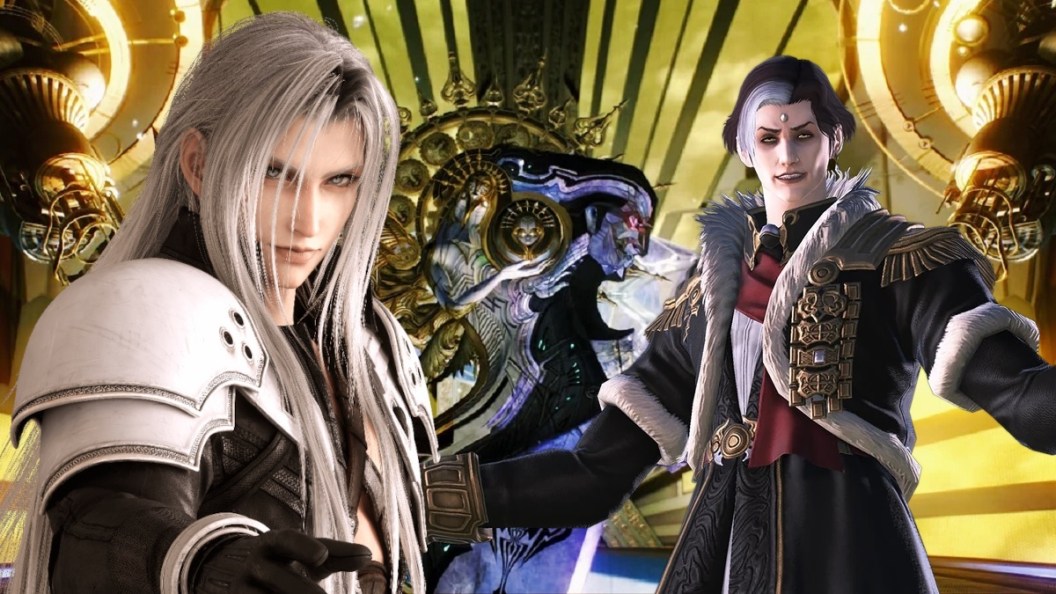
As a series, Final Fantasy loves including gods as bosses. It’s actually a trend that’s not unique to Final Fantasy, and you can find it rather often across JRPG titles, where themes tend to include defying fate. However, with the number of bosses that are included in every Final Fantasy game, it’s simply not possible to make all of them gods, and many of the best bosses in the series aren’t, even if some of them seek out godhood. It’s time to take a look at the bosses who might seem godly, or maybe seem underwhelming compared to stronger enemies, and appreciate the different roles they can play in a game.
With each game having its own story, you have a lot of content to explore in a franchise that’s been around as long as Final Fantasy. Additionally, you get different characters to learn about as they face various enemies that you might end up loving or hating. These are some of the best Final Fantasy bosses from across the series that aren’t gods.
1. Orphan (Final Fantasy 13)

Orphan is a fal’Cie, which can be seen as a godlike entity by the people of Cocoon, but it’s not actually a god. Orphan’s purpose is to force l’Cie to become Ragnarok and basically send Cocoon crashing into Pulse for the sake of opening Etro’s gate with the massive number of souls that would have to cross it due to the number of deaths such an action would cause. It’s quite interesting that Orphan’s only purpose for existing is to open a path that lets the fal’Cie meet the gods, who are basically their parents, bringing in the symbolism of Orphan’s name being that of an abandoned child.
2. Gilgamesh (Final Fantasy 5)

Gilgamesh shows up in multiple games throughout the series, but it’s his appearance in Final Fantasy 5 that makes him one of the best bosses that aren’t gods. He’s meant to be a joke boss that offers some levity to the game rather than a serious threat, and the way he does it is surprisingly respectful. He has a strong sense of honor and respects his rivals. Despite wanting to keep fighting the Light Warriors, Gilgamesh uses self-destruct to defeat Necrophobe in a moment of self-sacrifice.
3. Emperor Mateus (Final Fantasy 2)

Emperor Mateus feels like a classic villain type. He wants to take over the world, and it’s all about power. Knowing that he doesn’t have the power to conquer the world on his own, Mateus summons demonic forces from hell to help him in his quest. You get a false sense of hope when the party faces him and kills him, not knowing that dying was just another part of his plan. Because of his death, Mateus is reborn in hell and brings pieces of Pandemonium to Palamecia, continuing his quest for domination before he’s defeated again.
4. Omega (Multiple Games)
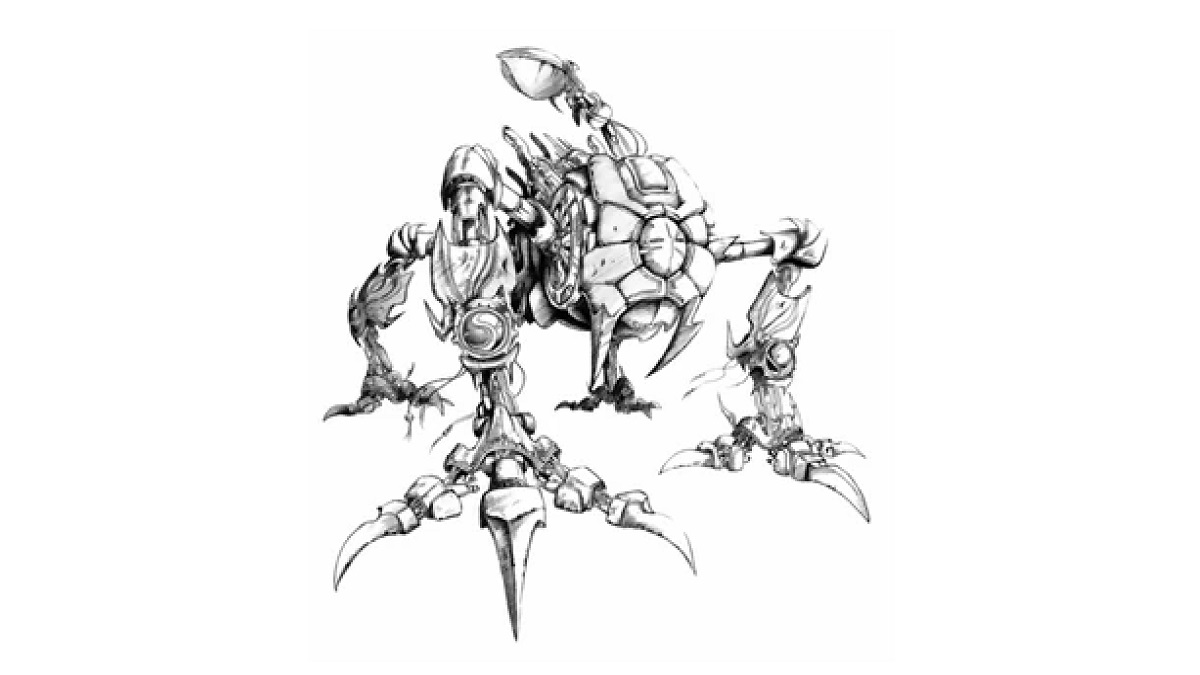
Omega is a recurring enemy in Final Fantasy games, and usually acts as a boss that the party has to face at some point. It might not seem like an interesting boss since it’s a mechanical weapon, and it’s not surprising that the forces you fight in these games would want to have units like Omega helping them out when mortal forces aren’t enough. However, if you dig into Omega, you learn that the variations across games could be related, as part of its lore implies that the Omegas you face were sent to various worlds after being made by the original Omega. So, maybe you’ll have to face the original in a game one day.
5. Bahamut (Multiple Games)
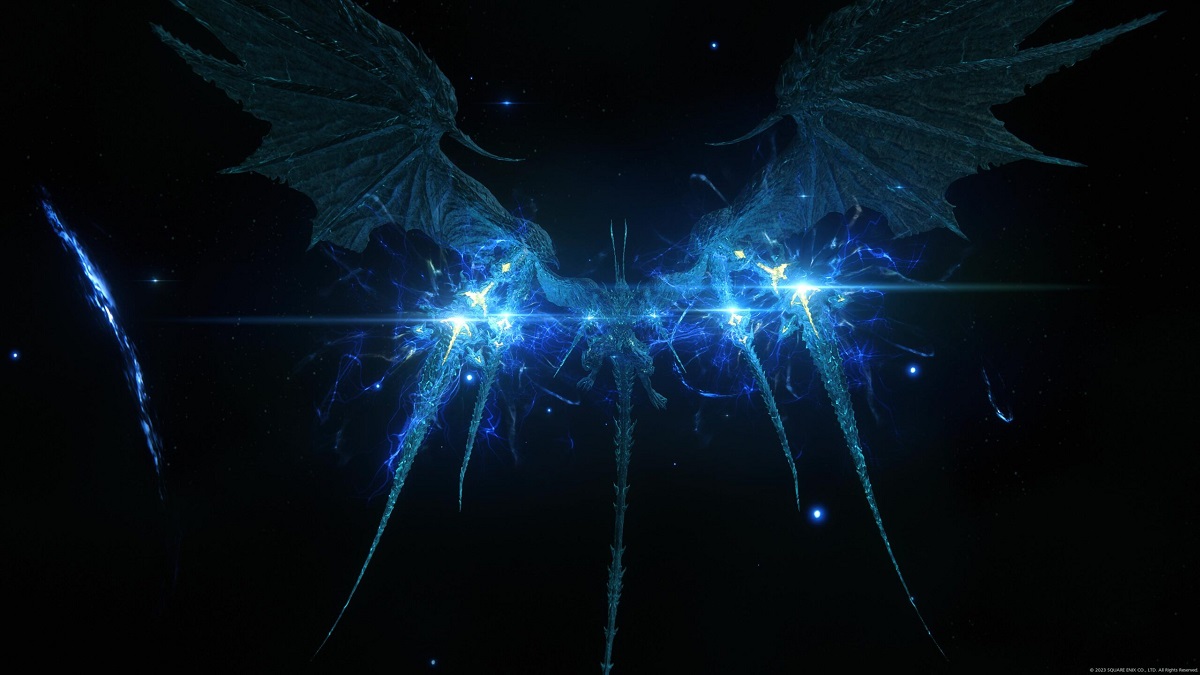
Bahamut is another recurring character in Final Fantasy, and he tends to be one of the most powerful summons you can get. He’s often known as the Dragon King, and what makes him one of the best bosses is being able to get him as a summon after fighting him, which gives your party a significant power boost. Naturally, his fight isn’t easy, especially when his signature attack—Megaflare—is non-elemental in the type of damage it deals, and it ignores both defense and evasion.
6. Hugo Kupka (Final Fantasy 16)

Hugo Kupka is one of the main antagonists in Final Fantasy 16 and the dominant for Titan. His story is an interesting blend of luck and misfortune, as being the dominant for Titan changed his luck and let him accumulate power and wealth, but it also led to him being manipulated multiple times so that others could make him into their tool without him fully realizing it. He’s not a good person, but that doesn’t mean that he isn’t also tragic in some ways.
7. Sephiroth (Final Fantasy 7)
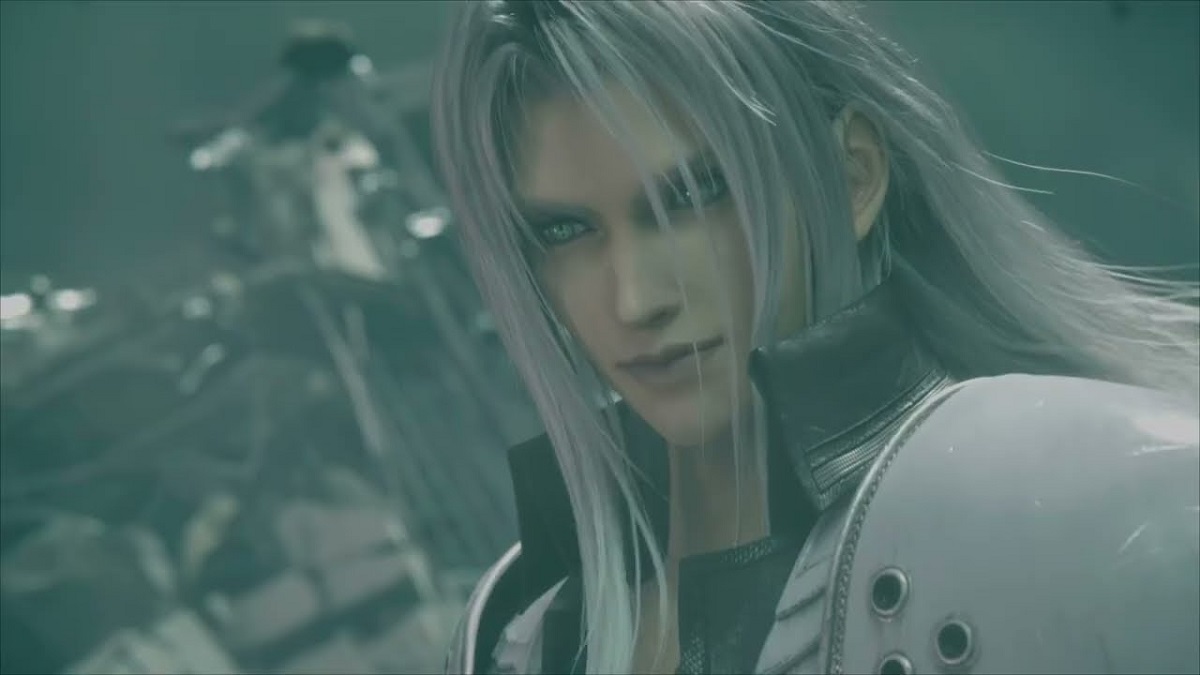
Perhaps the most iconic boss in the series, Sephiroth is complicated, to say the least. He was created to be the perfect SOLDIER, but Hojo believed that Jenova was a Cetra at the time of creating Sephiroth with her cells. By the time you meet him in FF7, you would never know that he once strived to be a true hero and help everybody in need. Which makes it that much more tragic when you see the person he used to be compared to the person he became when he learned the truth about Shinra’s experiments. His hatred towards Shinra grew into hatred towards everything.
8. Ozma (Final Fantasy 9)

Ozma from Final Fantasy 9 is just such a strange boss to encounter, and you don’t expect to see a floating ball as a boss fight. At least, not normally. It’s not a main boss from FF9, and you instead have to go through a long side quest to end up fighting it. However, that effort gives you the Pumice that teaches Dagger her ultimate eidolon, Ark. As for what it is or where it came from, Ozma is a sphere that’s half light energy and half dark energy. Its origin is unknown, but its location in the Eidolon cave suggests that it could be related to ancient eidolons in some manner.
9. Yunalesca (Final Fantasy 10)
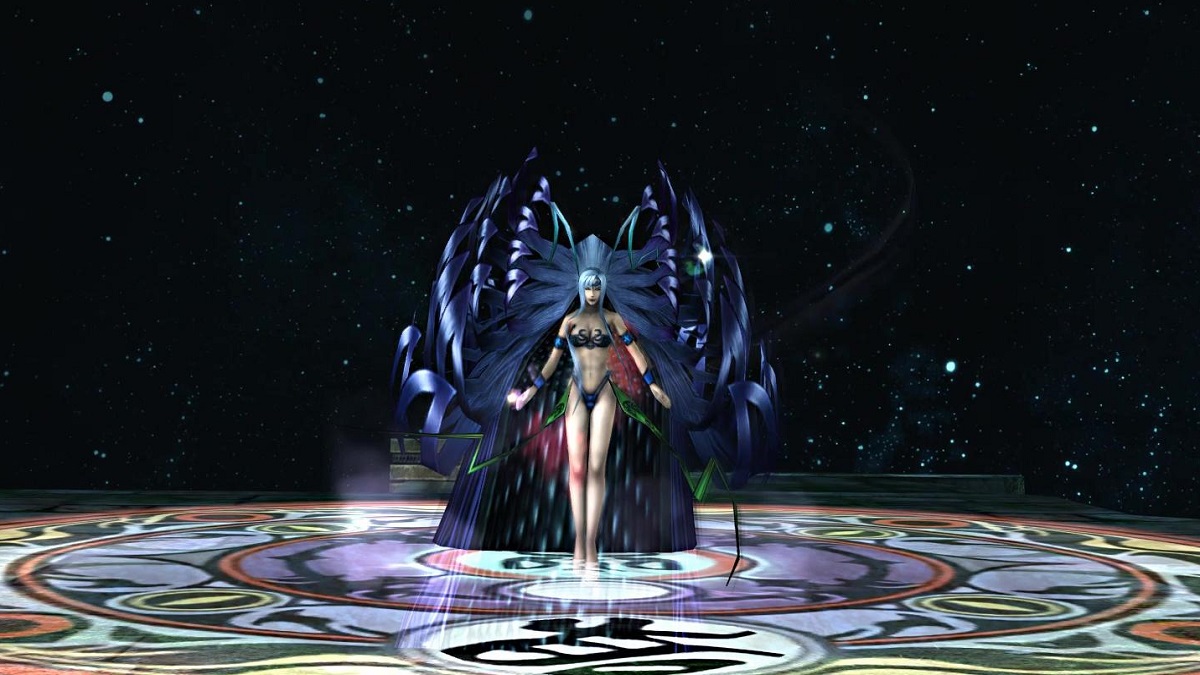
In the distant past, Yunalesca was the hero of Spira, having been the first person to give the land respite from Sin by performing the first Final Summoning with her husband, Zaon, as the Final Aeon. Yunalesca is the type of boss that you feel sorry for, because she was really doing what she thought was best for Spira, even remaining behind in Zanarkand as an unsent after her death for the purpose of teaching summoners about the Final Summoning so Spira could continue having periods of peace from Sin. When Yuna refuses to use the Final Summoning, Yunalesca turns against them because she believes that defeating Yuna’s party will put them out of their misery.
10. Emet-Selch (Final Fantasy 14)

Perhaps one of the best bosses in the series due to his tragic story, Emet-Selch is one of the Ascians, but he’s unique in that he’s one of the few whose soul remained whole when Hydaelyn split the original world into 14 reflections. This means that he has memories of the world of Ancients, and he has the powerful creation magicks that were once common in the world of Etheirys. He makes you question what you’re doing because when he talks about the history of Amaurot, Etheirys, Zodiark, and Hydaelyn, he makes some great points. Then, you learn how painfully sentimental he is, and it leaves you conflicted because he’s done a lot of terrible things as an Ascian, but his reasoning is rather complex.
Final Fantasy has a lot of stories to go through, and every story has its enemies. While it can be interesting to have a god be your enemy, the bosses that aren’t gods tend to have more nuance and thought behind their motivations, making them more compelling as enemies.
The post 10 Best Final Fantasy Bosses That Aren’t Gods appeared first on ComicBook.com.

